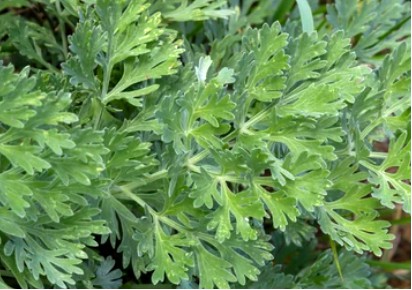Development of Essential Oil-based Pesticides
Plant essential oil insecticides, as a major class of plant-derived insecticides, are a significant class of secondary metabolites suitable for plant-derived insecticide development and production. Plant essential oils, as complex mixtures of volatile compounds obtained from plants, show significant potential for controlling insects.
Lifeasible has many years of experience in biopesticide development research, and we offer a variety of effective solutions for plant essential oil insecticide development. Our continuous and active research into the development of plant-derived biopesticides plays a significant role in guiding plant-derived pesticide development.

Insecticidal effects of plant essential oils
Plant essential oil poisons and refuses to eat, inhibiting the growth and development of insects, and also affects insect sex pheromones and lures. Plant essential oils have a rapid insecticidal effect, not only by touch but also by fumigation to control storage pests. In addition, some essential oils repel a wide range of insects, including insect vectors. Plant essential oils and their components interfere with endocrine homeostasis, affecting insect biochemical processes. The effect of essential oils or their components on insects and other arthropods is neurotoxic. The most significant symptoms of action are hyperactivity of insects followed by overexcitation and being quickly knocked down and immobilized.
The importance of developing essential oil-based pesticides
- Safety. In general, essential oils are less harmful to the environment and non-target animals. They do not accumulate in the food chain and have limited permanence in the environment, lowering risk.
- They don't cause pest resistance. Because of the prolonged and extensive use of synthetic insecticides, insect populations have acquired resistance, making pest management harder. On the other hand, essential oils often include complex chemical combinations that make insects struggle to reject them. It is doubtful that insects have developed defense systems to counteract essential oils due to their multi-component makeup.
What do we offer?
- Extraction and analysis techniques. Sophisticated extraction techniques, such as steam distillation, solvent extraction, and cold pressing, are employed to obtain essential oils from plant materials. These methods ensure the efficient extraction of bioactive compounds while maintaining their chemical integrity. Analytical techniques, such as gas chromatography-mass spectrometry (GC-MS) and high-performance liquid chromatography (HPLC), are then utilized to identify and quantify compounds present in essential oils. This information helps determine the insecticidal potential and understand the mechanisms of action.
- Genetic and metabolic engineering. Genetic and metabolic engineering advancements have facilitated the production of essential oils with enhanced insecticidal properties. We can manipulate plants' biosynthetic pathways to increase specific bioactive compounds or introduce novel compounds with insecticidal activities.
- Bioassays and screening techniques. Bioassays and screening techniques are crucial in evaluating essential oils' efficacy and toxicity against targeted insect pests. We offer various bioassay methods, including contact toxicity, repellency, and fumigant tests, to assess essential oils' insecticidal potential. Our solutions can help researchers identify the most effective formulations and concentrations and provide insights into the specific modes of action.
Advantages of our services

Lifeasible continues to provide various effective guidance solutions for developing safer and more sustainable insect pest management strategies. The solutions we provide have far-reaching implications in ensuring food safety and promoting sustainable agriculture. If you are interested in us, please feel free to contact us.
For research or industrial raw materials, not for personal medical use!

